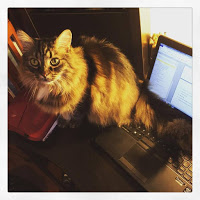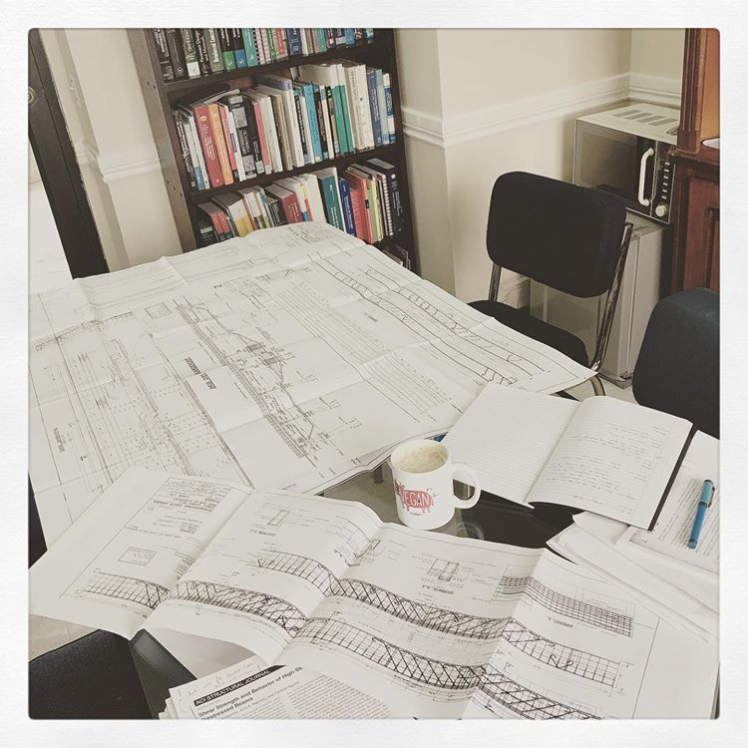
Nine mistakes to avoid in your literature review
As I’ve read a number of literature reviews over the years – from my own researchers as well as others for which I sit on their committee or go no go panel – I’ve come to identify common mistakes in the literature review.
Here’s are the nine most common mistakes I’ve identified:
- Not citing your references: While it may seem obvious that a literature review relies on the literature, sometimes doctoral candidates do not cite their references in their text. They may use titles that refer to papers, or just have a long list of references at the end, but they may forget to cite the sources in the actual literature review text.
- Writing an annotated bibliography: Repeat after me: a literature review is not annotated bibliography. If you review has a paragraph (or more) per paper and you discuss each paper separately, you have an annotated bibliography, not a literature review. An annotated bibliography can be useful for yourself, but it is not sufficient for your literature review.
- Wanting to cover everything: So many interesting papers, so little time… Some candidates want to cover everything and end up just touching the surface of a lot of topics, without coming to conclusions about the general topic and without being able to link everything together.
- Not covering sufficient breadth: The opposite of the previous problem is when you only cover one particular aspect in your literature review and do not cover all topics that are relevant for your research. Along the same lines, you may not be covering the full gamut of methods in your review, when your research does call for reviewing a variety of methods.
- Not having a structure to the review: The art of writing a literature review lies in finding a way to bring the information together in a logical way. Sometimes that means to structure the information by topic, or chronologically over time, or by methods.
- Not linking to a knowledge gap or research question: The goal of the literature review is to be able to identify the gap(s) in the knowledge that you are going to study, and to link these to a research question. While a clean literature review report does not require you to identify your research question, you do need to think about these aspects while you write your literature review.
- Not thinking about how you will use this information: Along the same lines as the previous mistake: if you don’t identify how you will further process the information from your literature review, the whole exercise may be too abstract for application in your research. You could be looking for calculation methods, experimental data etc in the literature and then, for example, have an overview table of calculation methods (and preprogrammed spreadsheets you can use later in your research), or set up a database of interesting experiments from the literature.
- Waiting very long to start writing: Start writing your literature review early. Take notes of what you read. Think about how you will structure your work. Doing so will help you read in a way that serves your literature review, and ultimately, your research. Don’t read for six months, only to find out you don’t remember what you read in the past months.
- Not contrasting or digesting the information: This problem is similar to writing an annotated bibliography. When you read the literature, it is important to find out where authors disagree, and where the areas for improvement lie. Try to find the conversation that happens between the papers, so that you can identify the interesting topics for your research.
Which errors have you observed in literature reviews, or which mistakes are you most prone to make in your literature review?
Share with your peers!



